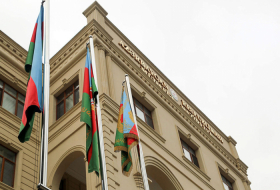The history of the formation of Garabagh as a name of one particular region, provides a better scientific explanation for its etymology. Because the word "gara" has other meanings in Azerbaijani language (also in other Turkic languages) as well - such as "sih" (dense), "galin" (thick), "boyuk" (big, large), "tund" (strong), and others. From this point of view the term Karabakh gets such meanings as "gara bag" (dark garden), that is "boyuk bag" (a large garden), "six bag" (a dense garden), "galin bag" (a thick garden), "safali bag" (a picturesque garden) and others. Thus, the word "Karabakh" belongs to Azerbaijani people as Karabakh does itself.
When Karabakh is a topic of discussions, the question of the location of Karabakh arises at first. What part of Azerbaijan does include Karabakh? The answer to this question of a high importance, and it is necessary to understand the problem of "Daghlig Garabagh" produced by the Armenians. Let us address ourselves to the origins in order to answer the question. When Karabakh khanate of Azerbaijan included this territory its regent Mirza Jamal Javanshir in consideration of this question in his work the "History of Karabakh" wrote: "According to the ancient historical books the frontiers of Karabakh are: from the south the river Araz - from Hudapharin Bridge to Sinig Bridge. At present the population of Gazah, Shamseddin and Demerchi-Hesenly lives near this bridge and Russian Tatars call it using the Russian term Krasniy Most that is the Red Bridge. From the east - the Kur River, which flows into the Araz River in Javad village and flows into the Caspian Sea. From the north - the Goran River, which flows from the Yelizavetpol frontier of Karabakh to the Kur Riverr, crosses it in many parts and riches the Araz River. From the west - the high mountains of Karabakh called Kusbek, Salvarti, Erikli.
Such a detailed description of the territory and frontiers of Karabakh at the first stages of Russian occupation and colonization are explained by the following factors: 1) this fact is described by an official person directly connected with the government of Karabakh, in other words, this fact is reflected in an official document composed by an official representative of Russia; 2) on the other hand this fact is not only based at practices and realities, but it also finds reflection in the references. It is not occasional that ancient books are used to prove the position of Mirza Jamal. There was a general definition of Karabakh, which was not used only for Daghlig Garabagh, but for both mountainous and plain parts. In other words, the word combination of "Daglig Garabag" (Mountainous Karabakh) is a product of the subsequent periods, the name given to the one of the part of Karabakh as a result of separatist intentions. Even an ordinary logic proves this fact: If there is "Daglig Garabag" then there must be flat or low-lying Karabakh too! The reality is that there are both Daghlig Garabagh and Low-lying Karabakh (that is flat Karabakh) in Azerbaijan! And always both low-lying (flat) and Daglig (mountainous) Karabakh during all historical periods were the motherland of one nation - the nation of Azerbaijan, the nation who has in its language the words "gara" and "bag"! Hundreds of the most ancient and rarest models of folklore, which are the brilliant musical pearls of the nation of Azerbaijan, were created in Karabakh and are related to Karabakh.
Source : Yagub Mahmudov, Karim Shukurov: Garabagh - Real history, facts, documents, Baku – 2005








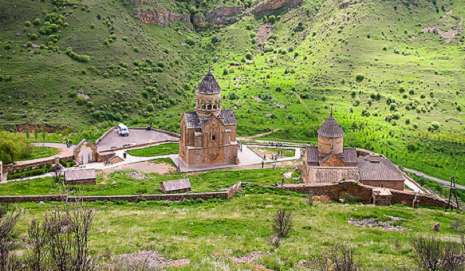

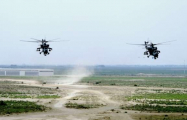
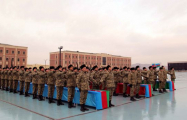
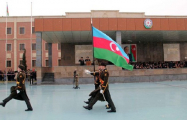
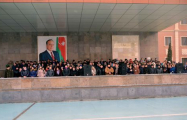
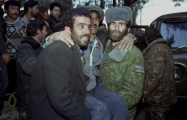
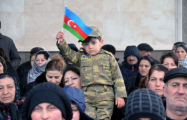
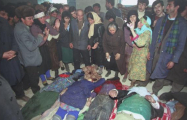
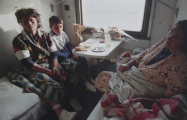
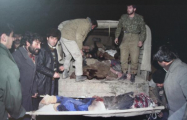
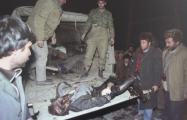
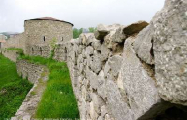
.jpg&h=120&w=187&zc=1&q=100)

















